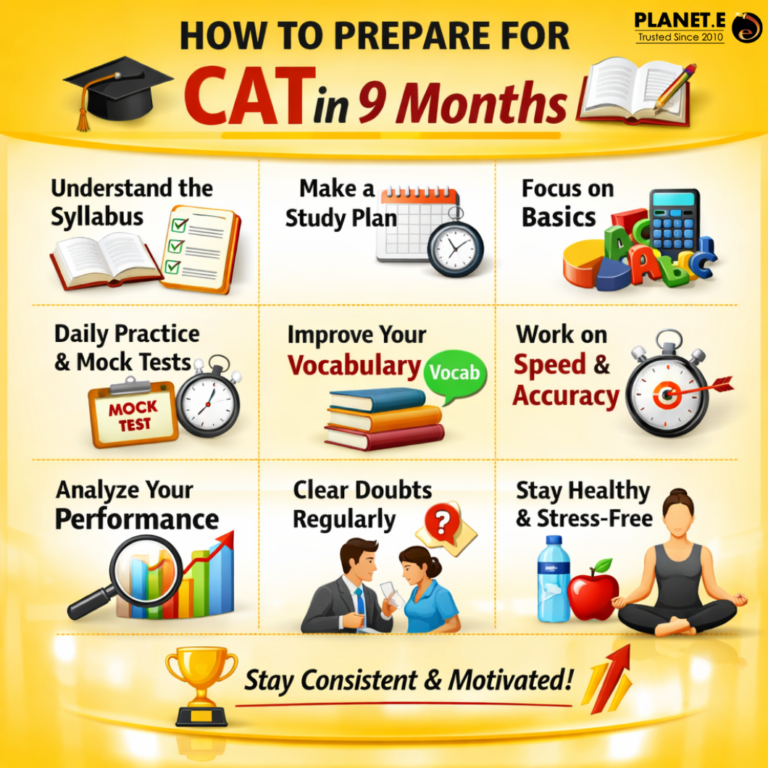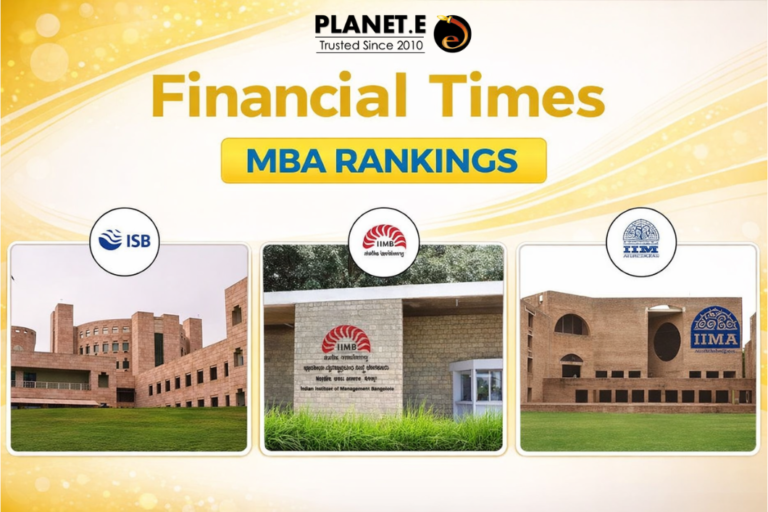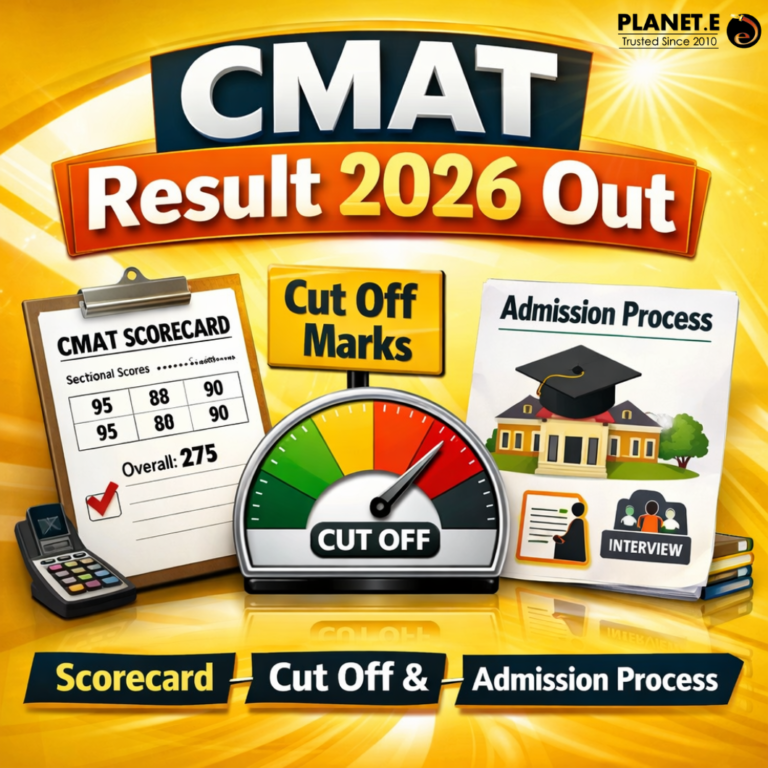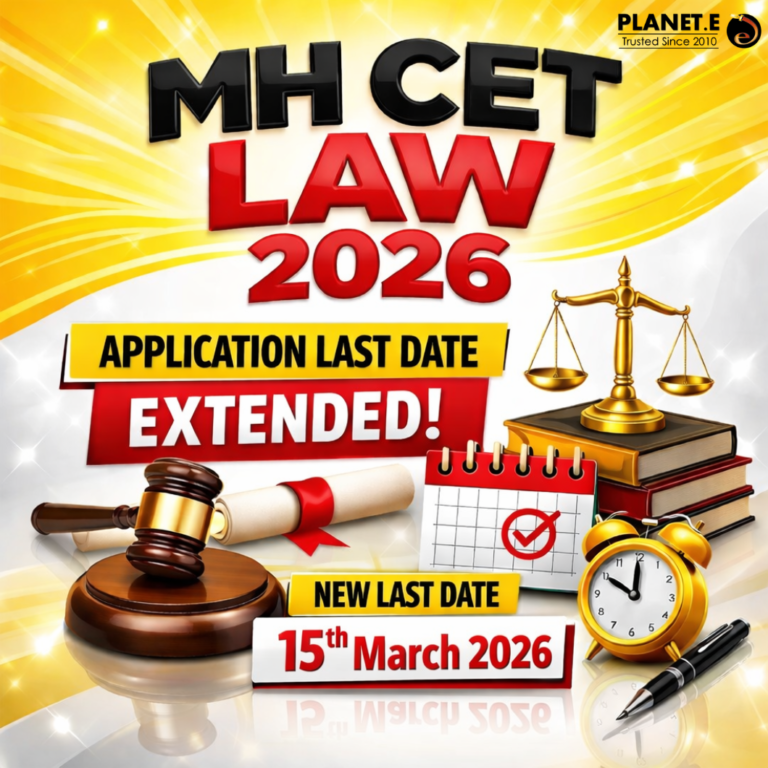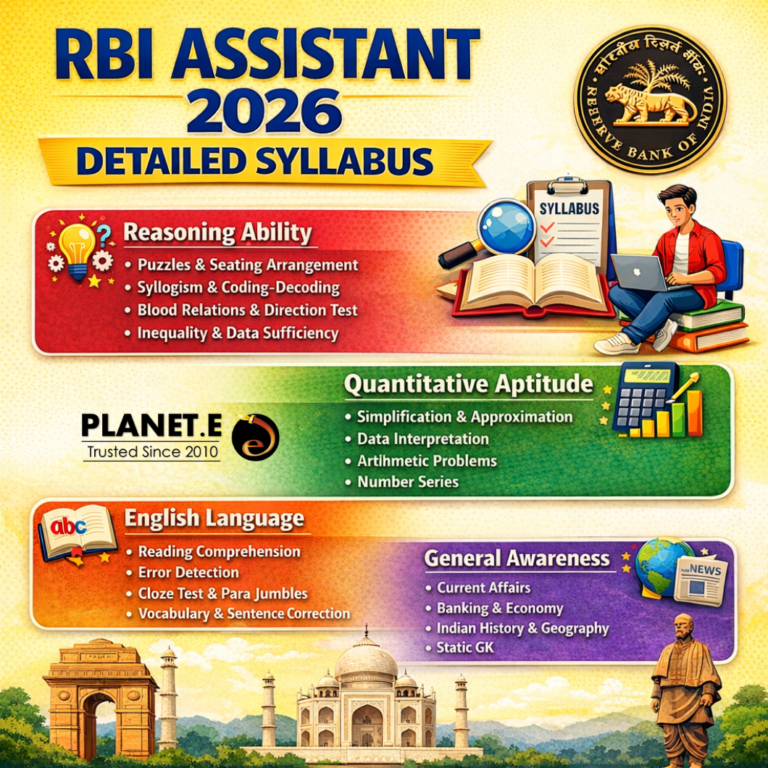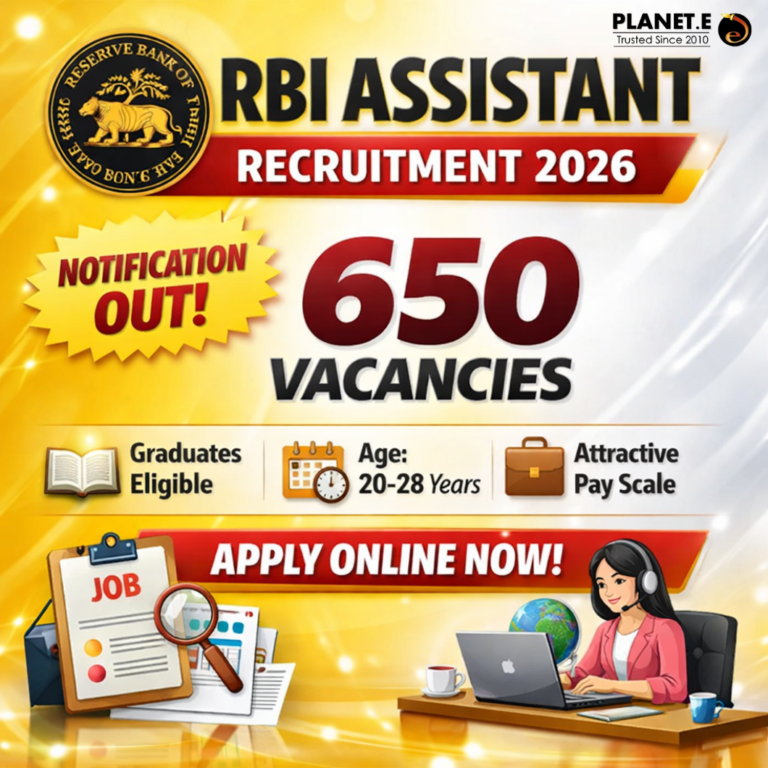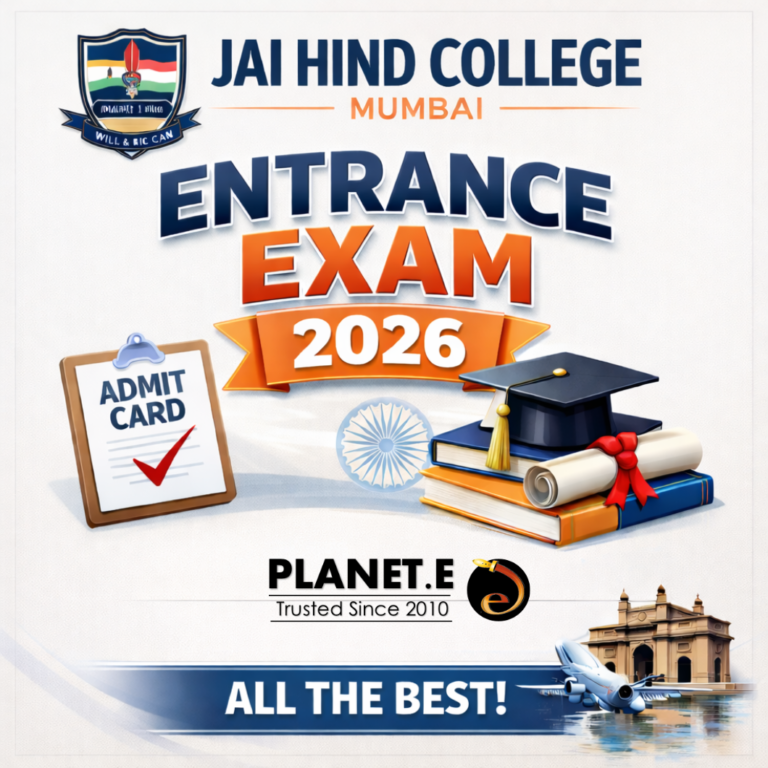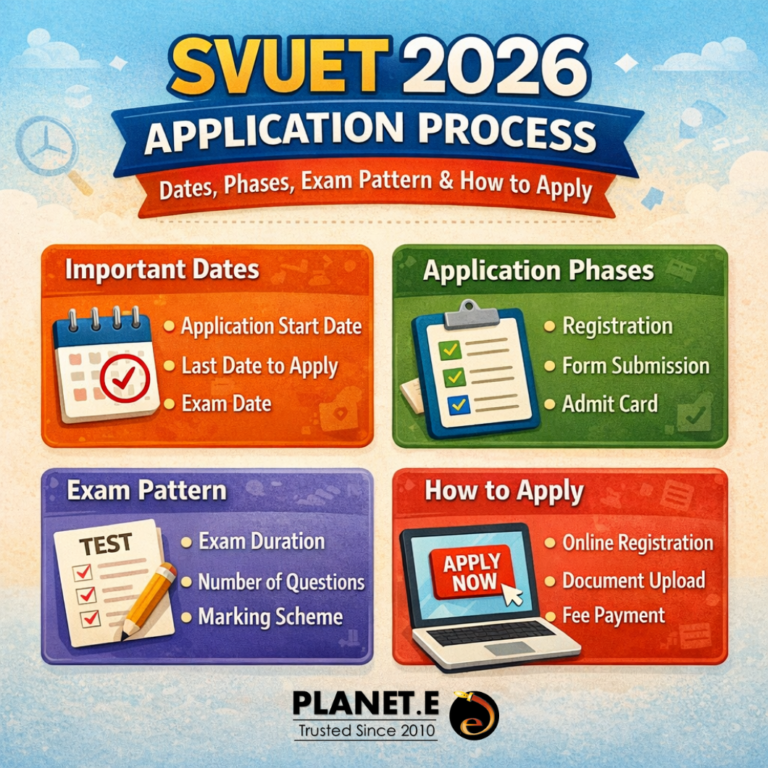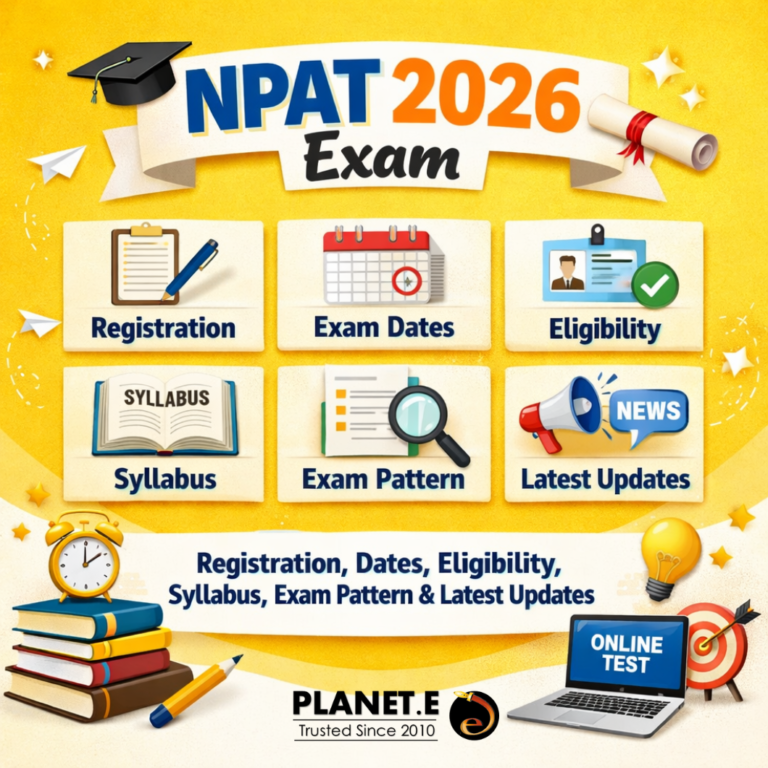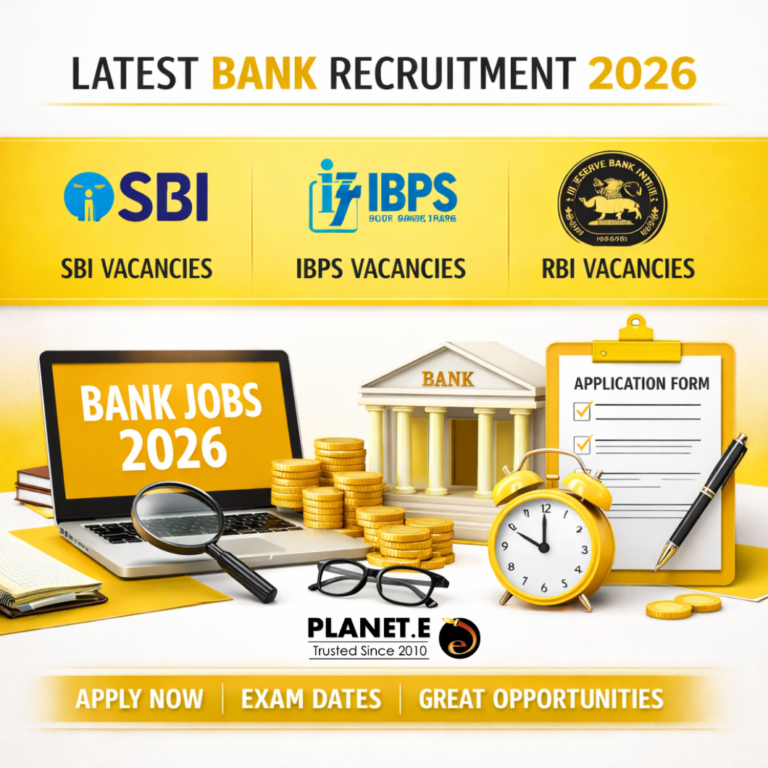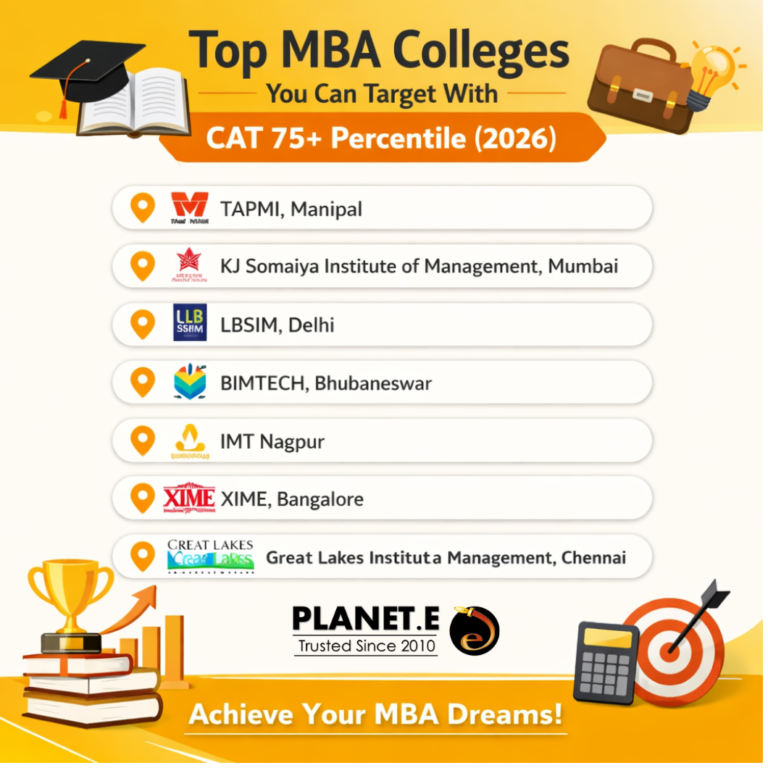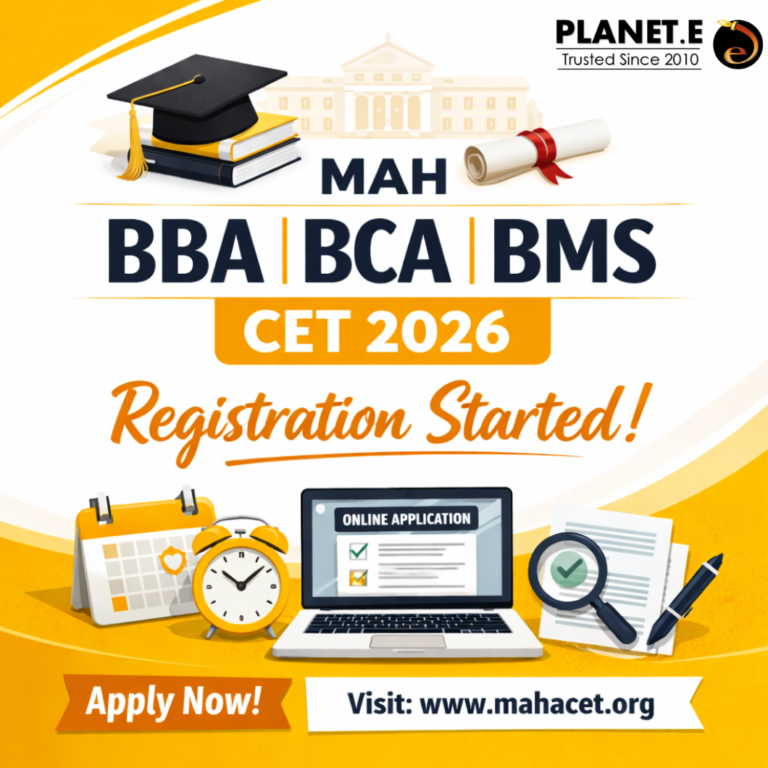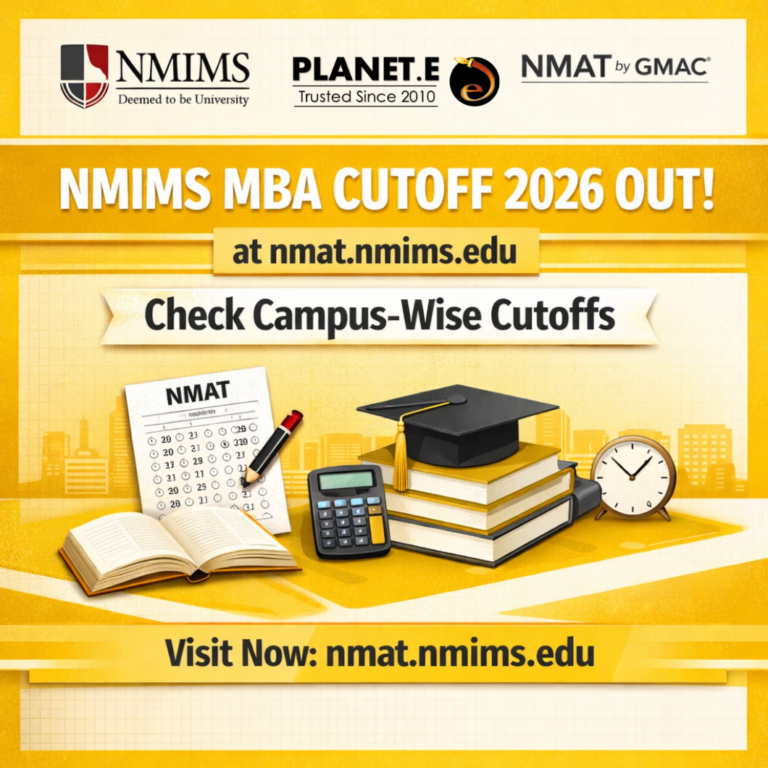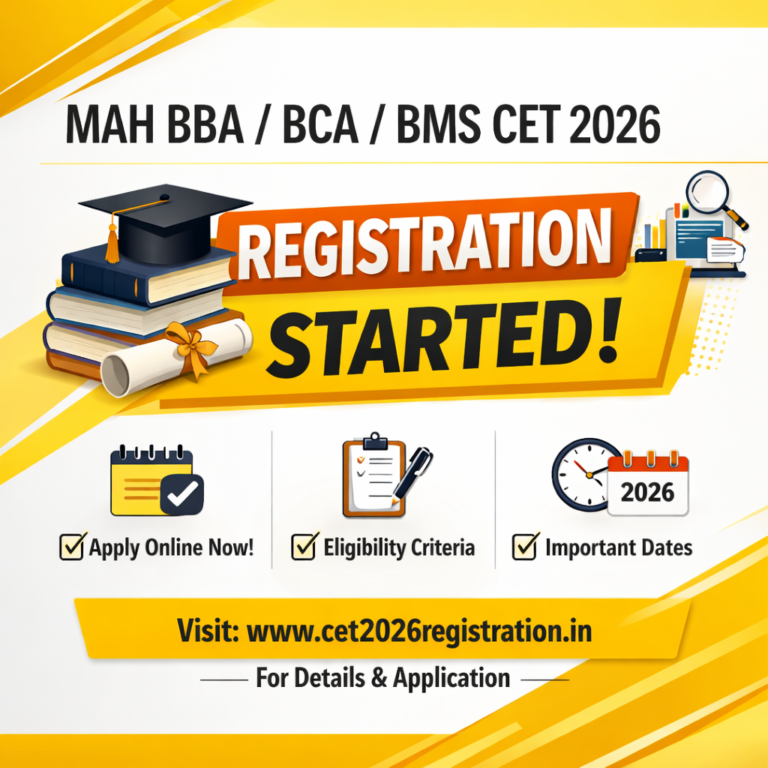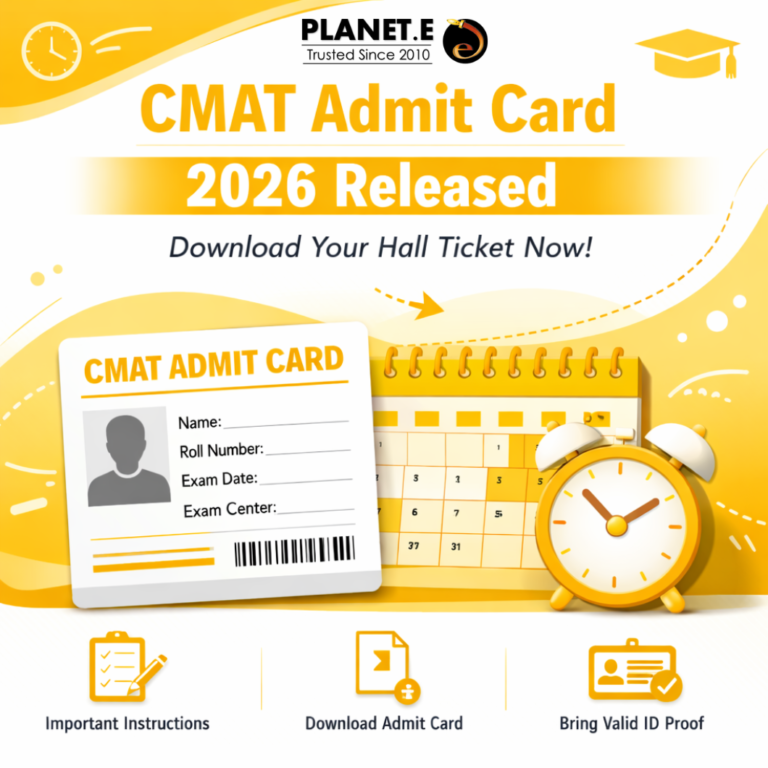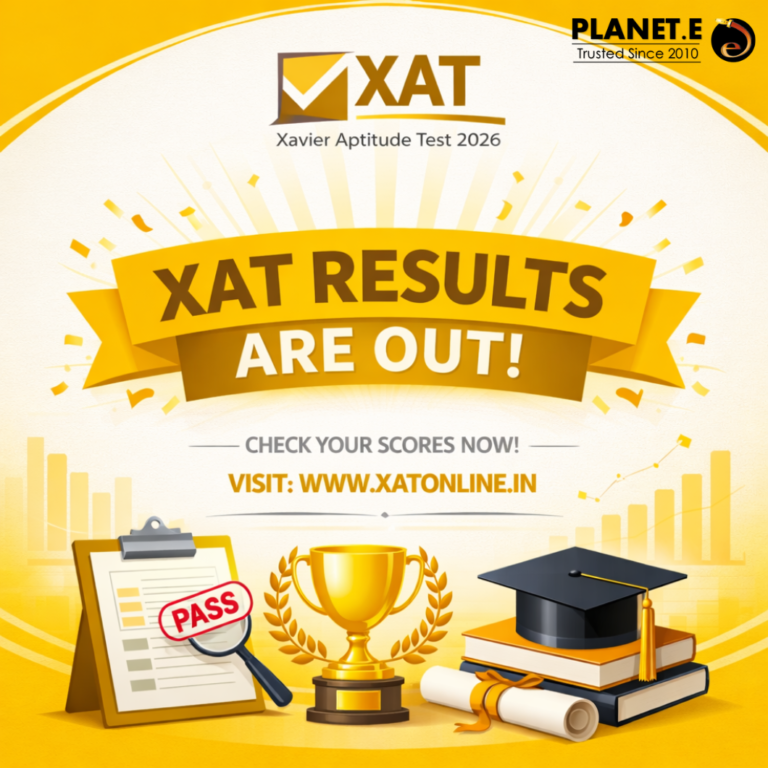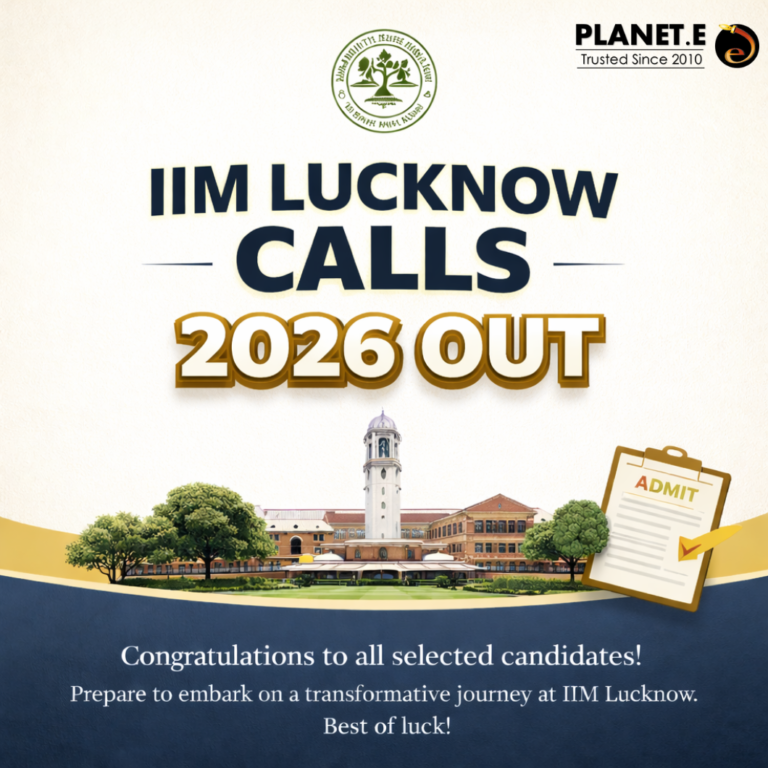Reading Comprehension
INTRODUCTION
Reading Comprehension questions test your ability to read and understand the passage and answer the questions that follow based on that passage. The length of the passage can range from 125 words to 400 words. The comprehension passages for bank exams are mostly based on current affairs (social, political and economical). It states that bank preliminary exams include story-based passages with simple questions, and each passage typically has 5-10 questions following it.A reading comprehension with 10 questions will mostly contain 5 vocabulary-testing questions. The rest of the questions are either factual or inferential.
READING
-
UNDERSTANDING CONTENT
- Understanding the contents of the passage on which Reading Comprehension questions are based is essential to elicit the correct answer.
- The subject of the passage can be diverse, ranging from philosophy to astronomy, from economics to art, or from history to cricket.
- The ease in understanding the RC passage depends upon the reading habits of the student.
- Understanding any passage hinges on generic aspects, focusing on sentence structure (syntax) over the topic.
- Key Sentences- Passages contain key sentences that directly express the main idea or theme.They are essential in determining the flow of ideas and lay out the content of the passage. Hence, it is imperative to identify the Key Sentences while summarizing the passage.
READING SPEED
The biggest hurdle faced by students while attempting RC exercises is that of being a slow reader.
Undoubtedly, comprehending the text is paramount in reading comprehension. However, speed also plays a crucial role in the overall process. Slow readers face a double whammy. Firstly, they risk skipping RC passages entirely, missing out on potentially easy points. Secondly, spending excessive time on RC exercises can leave them strapped for time in other sections, leading them to miss questions there as well. Therefore, while comprehension reigns supreme, developing reading speed equips you with a valuable tool in your CAT exam arsenal.
DEFINING READING SPEED
It is crucial for the student to understand that reading speed is not just the number of words read per minute; instead, it is actually the number of words read and understood per minute.
DEVELOPING A GOOD READING HABIT
The single most important skill that will help the student solve RC exercises accurately is his ability to read. One needs to diversify one’s reading habits in order to derive maximum benefit. Strong reading builds English skills and communication.
Reading materials recommended to develop a good diversified reading habit are:
- Newspapers
Examples of good newspapers:
- The Times of India (Editorial)
- The Economic Times
- The Hindu
- Magazines
Examples:
- Business World
- Outlook
- Reader’s Digest
- India Today
- Fictional novels
- Non-fictional books
Conversation boosts Reading Comprehension by letting you discuss and analyze what you read.All these habits are conducive towards developing a strong command over written and spoken English.
COMPREHENSION
CAT Reading Comprehension tests your ability to grasp key ideas, sequence information, and draw conclusions from passages. Reading a passage and forming a mental interpretation of its meaning is what comprehension is all about.
Here are some techniques that can be used to make comprehension easier:
- Detect key ideas: There are certain key sentences that determine the flow of content in a passage. To make comprehension simpler, these sentences need to be detected during the first read of the passage.
- Summarize the paragraph: This helps in understanding the overall idea of the passage and makes the inferential questions seem a lot easier. It might also be useful to write a five word summary on a sheet of paper while doing this exercise. Anim
- Determine sentence links: Sentences within a passage may be directly or subtly linked. Go through a lot of reading material to get into the habit of identifying sentence links. Inability to establish links between sentences could be the major cause for ideas being missed out.
- Ask questions: When in doubt, ask questions. For example: Why has the author mentioned this example? What is the purpose of the second paragraph? Is the last paragraph a conclusion of the analysis discussed throughout the passage? These questions help in gaining a deeper perspective into the comprehension of the passage.
The passage given below has a list of questions for which no options have been given. While reading the passage, try to mentally form an answer to the questions. The questions are all comprehension based and the solutions explain how one should be thinking while reading the questions
Read the passage, and answer the questions that follow:
Thought is a mental process which allows beings to model the world, and so to deal with it effectively according to their goals, plans, ends and desires. Words referring to similar concepts and processes include cognition, sentience, consciousness, idea, and imagination. Thinking involves the cerebral manipulation of information, as when we form concepts, engage in problem solving, reason and make decisions. Thinking is a higher cognitive function and the analysis of thinking processes is part of cognitive psychology.
There is a strain in modern philosophy – Contentless Thought which argues that thought cannot have any content, irreducible substrate, or essence. This strain argues that thought has no content i.e. thought is not in language or images or concepts or anything else. This philosophy argues that thought can have no ‘thing, or essence as a necessary truth. In consequence it argues the utter untenability of a mentalist realist philosophy of mind as well as the untenability of the analytic philosophical tradition of Dummett – which argues there can be no thought without language. Thus, the debate between cognitivist and communicative theorists as to whether thought has an essence such as language, or images, or concepts, and or anything else is brought to an end.
Memory is an organism’s ability to store, retain, and subsequently recall information. Although traditional studies of memory began in the realms of philosophy, the late nineteenth and early twentieth century put memory within the paradigms of cognitive psychology. In recent decades, it has become one of the principal pillars of a new branch of science called cognitive neuroscience, a marriage between cognitive psychology and neuroscience.
Psychologists define imagination as the mind’s ability to create new realms, either partially or completely, by drawing on elements we’ve experienced through our sensesSince this use of the term conflicts with that of ordinary language, some psychologists have preferred to describe this process as “Imaging” or “Imagery” or to speak of it as “reproductive” as opposed to “productive” or “constructive imagination. Imagined images are seen with the “mind’s eye”. One hypothesis for the evolution of human imagination is that it allowed conscious beings to solve problems (and hence increase an individual’s fitness) by use of mental simulation.
Consciousness is a quality of the mind generally regarded to comprise qualities such as subjectivity, self-awareness, sentience, sapience, and the ability to perceive the relationship between oneself and one’s environment. It is a subject of much research in philosophy of mind, psychology, neuroscience, and cognitive science. Some philosophers divide consciousness into phenomenal consciousness, which is subjective experience itself, and access consciousness, which refers to the global availability of information to processing systems in the brain. Phenomenal consciousness is a state with qualia. Phenomenal consciousness is being something and access consciousness is being conscious of something.
Question 1: What is the purpose of the first paragraph?
Solution: The purpose of the first paragraph is to define ‘thought’ as a ‘mental process’ and to mention similar terms used to express thought. It also explains how the process of thinking or the intellectual manipulation of information forms the science of cognitive psychology.
Question 2: Explain the concept of Contentless Thought.
Solution: As explained in the second paragraph, Contentless Thought is the thought does not have any content in the sense that it does not consist of any language, image or concept. This theory directly contradicts other popular theories that claim thought requires essence.
Question 3: What is memory?
Solution: The third paragraph defines memory as an organism’s ability to store, retain and recall information. The remaining paragraph does not elaborate on this definition and only specifies how memory is being studied.
Question 4: What is access consciousness?
Solution: The 5th paragraph defines consciousness and categorizes it into two types. Access consciousness, is being aware of the global availability of information as required for processing by the brain.
SUMMARY
- Do not spend a lot of time in reading passage.
- Make reading your habit and familiarize yourself with common RC topics like Indian Economy, Banking, Finance, Insurance, Indian Economic and Trade relations etc.
- Target vocabulary-based questions first as this will allow you to invest more time in other factual or inferential questions.
- It is your choice to read the questions first before going through the passage or go through the passage first before attempting the questions as the approach towards a reading comprehension question can vary from person to person.
- Don’t skip reading comprehension questions! They offer a high potential for scoring marks.
- Do not try to assume answers based on prior knowledge.
- As discussed earlier, while reading the passage, map the flow of thoughts in your mind as this will help you in answering the questions.
- Try and practice speed reading to save time in verbal section.



